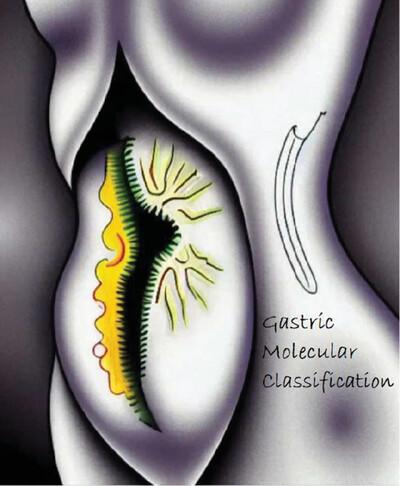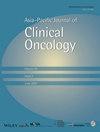Molecular profile of gastric adenocarcinoma, relevant epidemiological factors – Systematic review and meta-analysis relating sex with Epstein-Barr virus and unstable microsatellites subtypes
Abstract
Introduction
Gastric epithelial tumors exhibit morphological heterogeneity, diverse biological behaviors, and different oncopathological pathways. The Cancer Genome Atlas (TCGA) proposed a molecular classification of gastric adenocarcinomas based on genetic and molecular findings, which shows particular characteristics of diagnosis, prognosis, and indirectly, therapeutic alternatives. Within this classification, Epstein-Barr virus-positive (EBV+) and high microsatellite instability (MSI-H) subtypes stand out as subtypes that present a less aggressive biological behavior and a highly mutilated phenotype. This study conducted a systematic review with an emphasis on epidemiological and prognostic factors based on the molecular classification proposed by TCGA.
Methods
A broad, comprehensive, and reproducible search with methodological rigor was conducted for study selection using the ROBINS-I and GRADEpro protocols and appropriate combinations of keywords.
Results
A total of 25 studies were selected: six with a complete classification similar to TCGA and 19 with a distinction between MSI-H and EBV+. The application of meta-analysis calculations reinforces the prevalence of positive Epstein-Barr adenocarcinomas in males and high microsatellite instability in females, with a high level of certainty of evidence and low risk of bias in the analyzed studies due to the rigorous methods used.
Conclusion
The molecular classification proposed by TCGA shows limited dissemination, with MSI-H and EBV+ subtypes being the most researched, probably due to the benefit of the association with immunotherapies. However, the subclassification cannot be restricted to less than a quarter of the cases, and improvements in this aspect are urgent for the construction of knowledge on this important topic of global health.



 求助内容:
求助内容: 应助结果提醒方式:
应助结果提醒方式:


